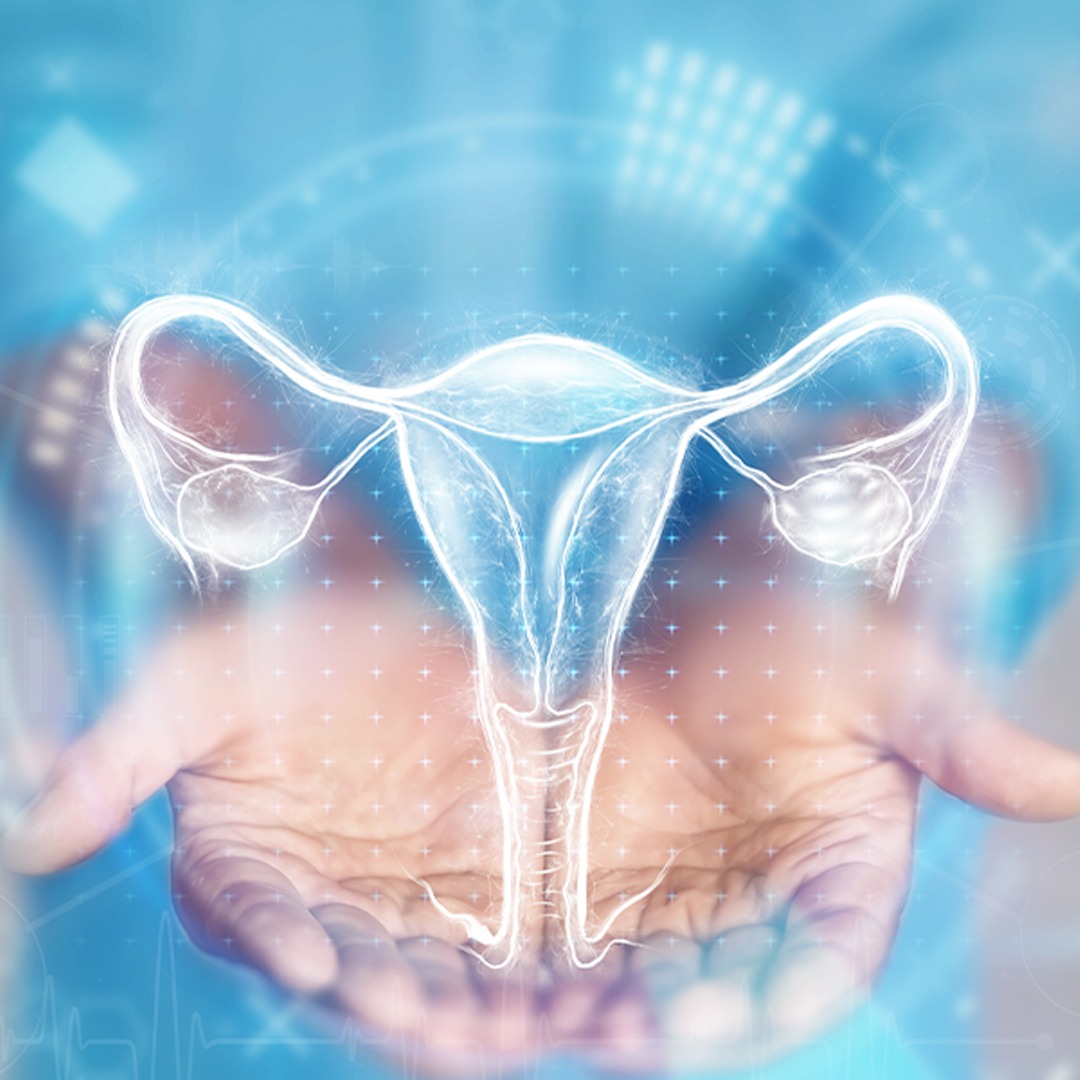INCONTINENCE EVALUATION AND TREATMENT

Restoring Bladder Control and Quality of Life
At Navjeevan Hospital, we understand the impact that urinary incontinence can have on a person’s quality of life. Our dedicated team of healthcare professionals specializes in comprehensive evaluation and personalized treatment plans to address urinary incontinence effectively and restore bladder control.
Understanding Urinary Incontinence:
Urinary incontinence refers to the involuntary leakage of urine, which can occur due to various factors such as weakened pelvic floor muscles, nerve damage, hormonal changes, medications, medical conditions, or lifestyle habits. It can manifest in different forms, including stress incontinence (leakage during physical activities), urge incontinence (sudden, strong urges to urinate), overflow incontinence (incomplete bladder emptying), or mixed incontinence (combination of types).
Signs and Symptoms of Urinary Incontinence:
- Frequent urination
- Sudden urges to urinate
- Leakage during coughing, sneezing, or physical exertion
- Difficulty emptying the bladder completely
- Nocturia (frequent urination at night)
- Urinary urgency or hesitancy
- Urinary tract infections (UTIs) due to incomplete emptying
Importance of Incontinence Evaluation:
Importance of Incontinence Evaluation:
An incontinence evaluation is essential to determine the underlying causes, severity, and type of urinary incontinence, as well as to develop an appropriate treatment plan tailored to the individual’s needs. The evaluation process may include:
- Medical History: Detailed discussions about symptoms, medical history, medications, lifestyle factors, and bladder habits help identify potential triggers or contributing factors.
- Physical Examination: A thorough physical examination, including pelvic floor assessment, neurological evaluation, and abdominal examination, helps assess muscle tone, reflexes, and organ function.
- Diagnostic Tests: Depending on the suspected causes of incontinence, diagnostic tests such as urinalysis, urine culture, cystoscopy, urodynamic testing, ultrasound, or MRI may be conducted to gather additional information.
- Bladder Diary: Keeping a bladder diary to track fluid intake, urination frequency, leakage episodes, and associated factors can provide valuable insights into bladder function and patterns.
Comprehensive Treatment Options:
Once the incontinence evaluation is complete, our healthcare team develops personalized treatment plans based on the individual’s diagnosis, symptoms, preferences, and goals. Treatment options may include:
- Behavioral Strategies: Lifestyle modifications, bladder training, pelvic floor exercises (Kegels), dietary changes, fluid management, and toileting schedules can improve bladder control and reduce incontinence episodes.
- Medications: Depending on the type and severity of incontinence, medications such as anticholinergics, beta-3 agonists, alpha-blockers, or hormone therapy may be prescribed to manage symptoms and improve bladder function.
- Pelvic Floor Rehabilitation: Pelvic floor physical therapy, biofeedback, electrical stimulation, and vaginal devices (pessaries) can strengthen pelvic muscles, improve coordination, and enhance bladder support.
- Minimally Invasive Procedures: For refractory cases or specific types of incontinence, minimally invasive procedures such as Botox injections, bulking agents, nerve stimulation (sacral neuromodulation), or laser therapy may be considered to address underlying issues.
- Surgical Interventions: In severe or complex cases of incontinence, surgical options such as sling procedures, bladder suspension (urethropexy), artificial urinary sphincter implantation, or bladder augmentation may be recommended to restore bladder control and quality of life.
Why Choose Navjeevan Hospital for Incontinence Evaluation and Treatment?
- Specialized Expertise: Our healthcare providers specialize in urology, gynecology, and pelvic floor disorders, ensuring comprehensive evaluation, accurate diagnosis, and advanced treatment options for urinary incontinence.
- State-of-the-Art Facilities: Navjeevan Hospital is equipped with modern diagnostic technologies, urodynamic testing capabilities, and minimally invasive surgical techniques to deliver precise, effective, and personalized care for incontinence management.
- Patient-Centered Care: We prioritize patient comfort, dignity, and involvement in healthcare decisions. Our team offers compassionate support, clear communication, and educational resources to empower individuals in managing and overcoming urinary incontinence challenges.
- Continuity of Care: Our hospital emphasizes continuity of care, with ongoing follow-ups, monitoring, and support to optimize treatment outcomes, address concerns, and promote long-term bladder health and well-being.
Take Control of Your Bladder Health:
Don’t let urinary incontinence limit your lifestyle or confidence. Schedule an incontinence evaluation at Navjeevan Hospital to receive personalized treatment, regain bladder control, and improve your quality of life. Our dedicated team is committed to helping you achieve optimal bladder health and wellness.
Our Treatments & Services
Frequently Asked Questions
Urinary incontinence is the involuntary leakage of urine, which can affect daily activities and quality of life.
It can result from weakened pelvic muscles, nerve damage, urinary tract infections, menopause, prostate issues, or certain medications.
Evaluation includes medical history, physical examination, urine tests, bladder scans, and sometimes specialized urodynamic studies to identify the underlying cause.
Treatment depends on the type and severity of incontinence and may include pelvic floor exercises, medications, minimally invasive procedures, or surgery.
Yes, with timely evaluation and personalized treatment, most patients achieve significant improvement in bladder control and quality of life.
Most treatments are non-invasive or minimally invasive, causing little to no discomfort, and are performed under expert supervision.
